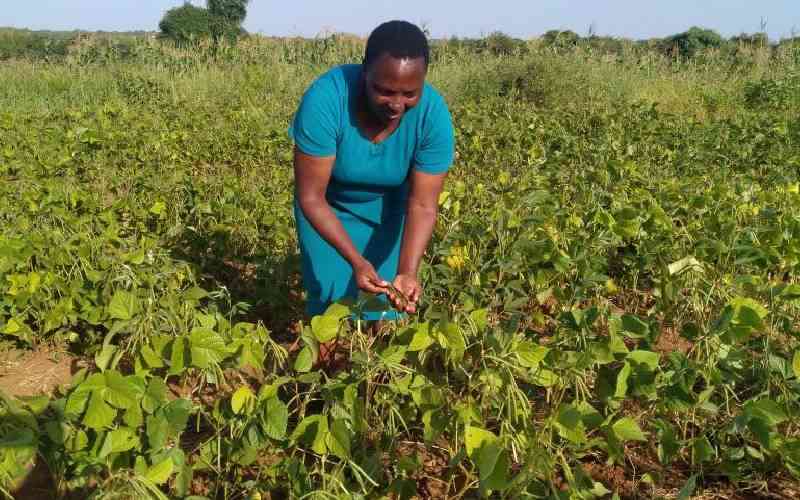×
The Standard e-Paper
Stay Informed, Even Offline

Stakeholders in the Open Forum on Agricultural Biotechnology in Africa (OFAB) have called for the fast-tracking of biotechnology adoption in Kenya which has lagged compared to a global increase of 21 per cent.
OFAB is a platform that brings together stakeholders in biotechnology and enables interactions between scientists, journalists, civil society, industrialists, lawmakers and policymakers.